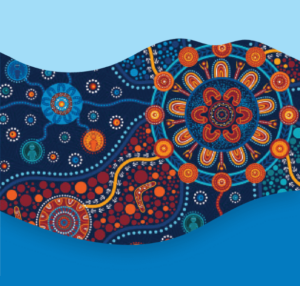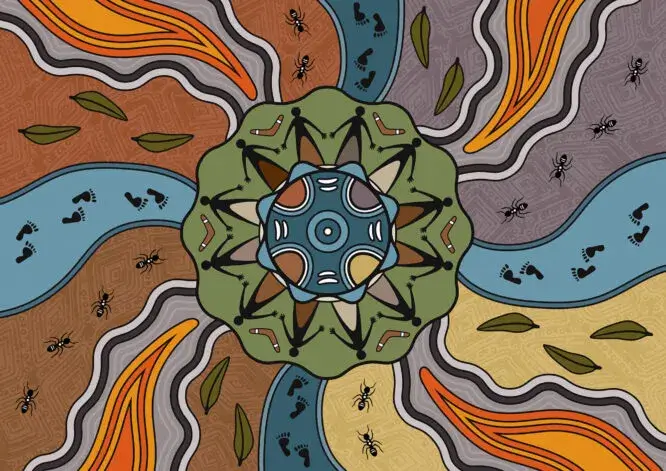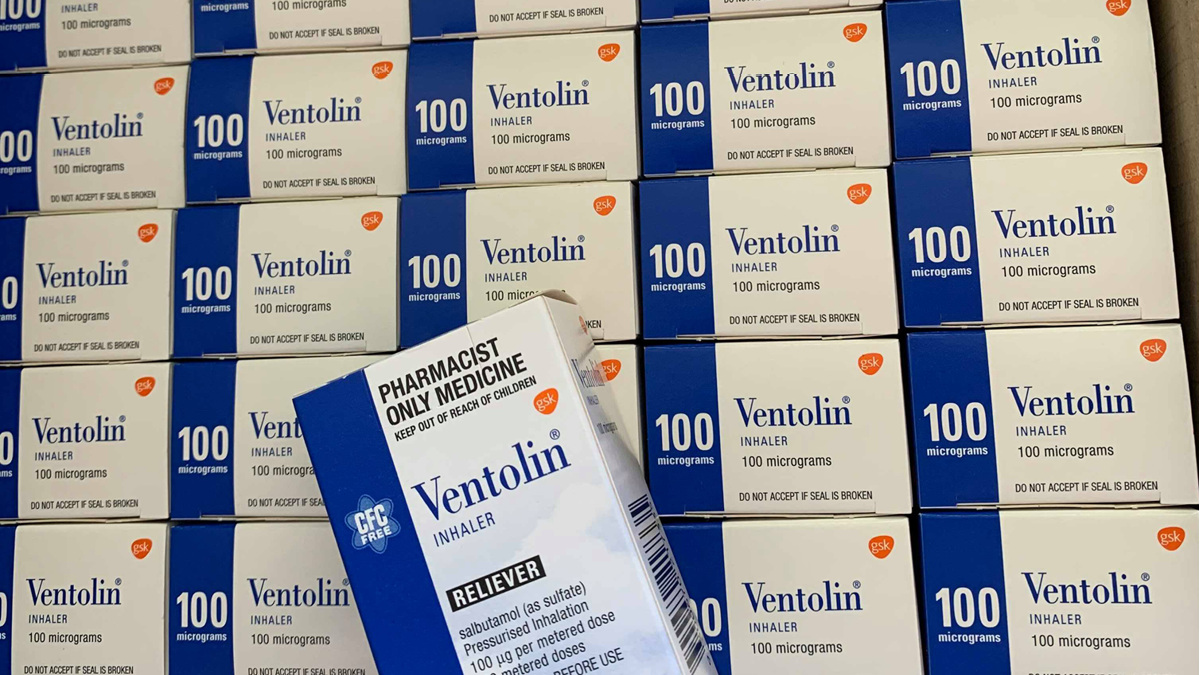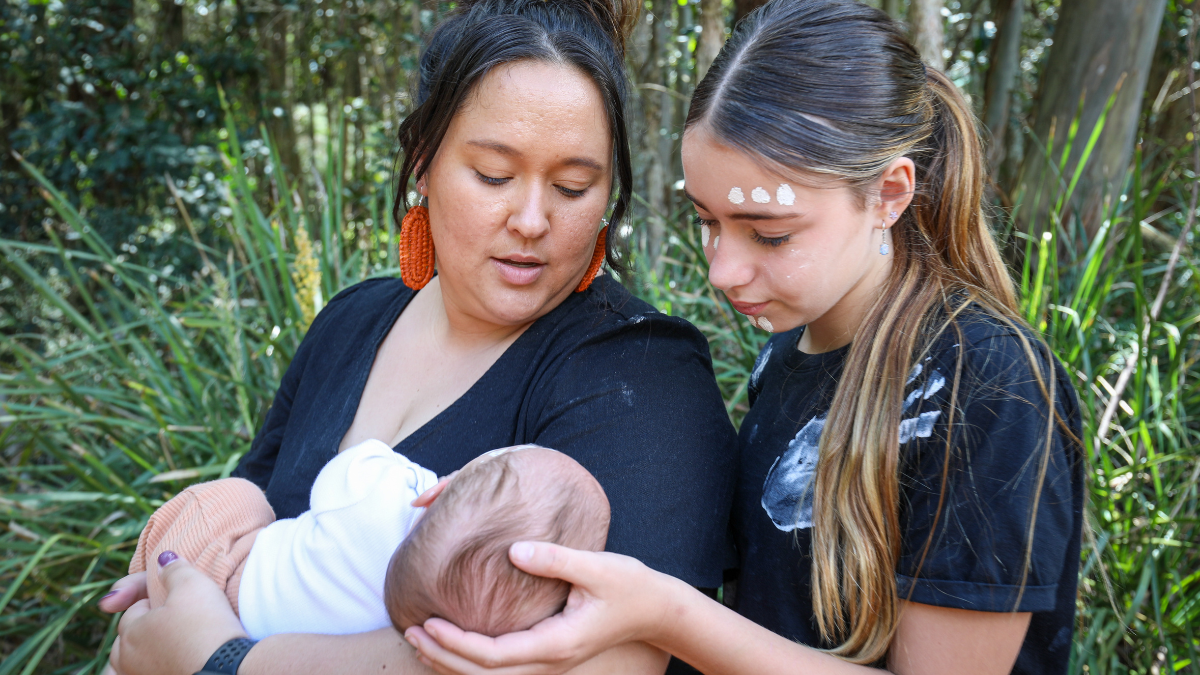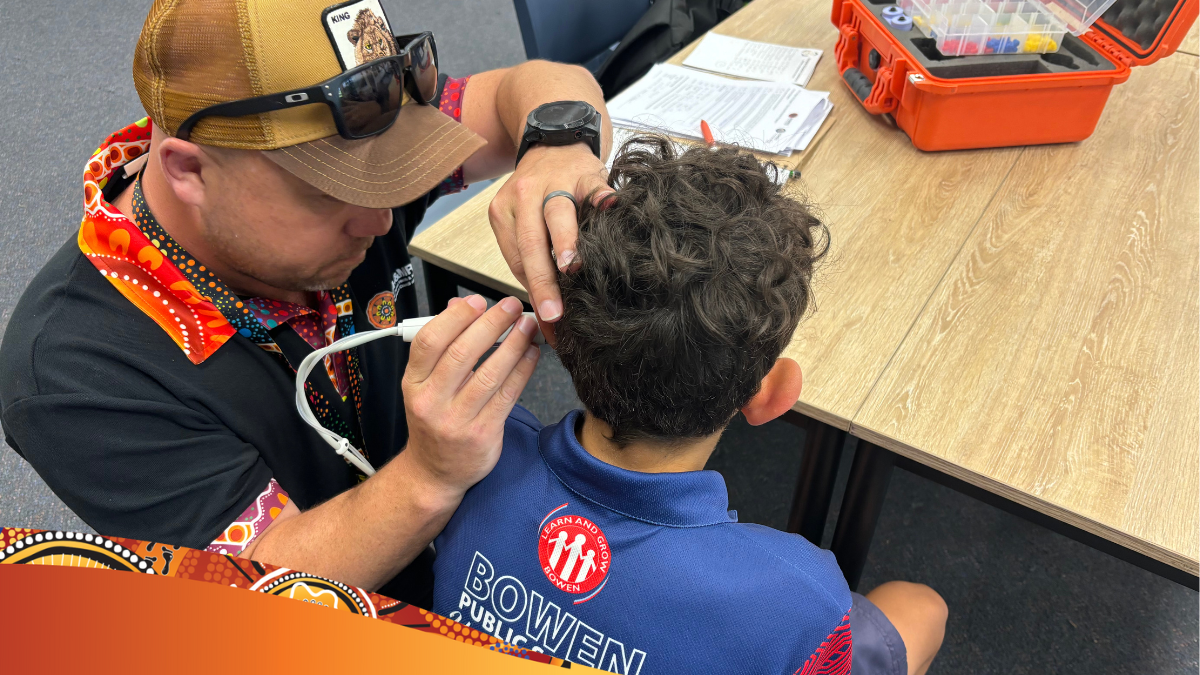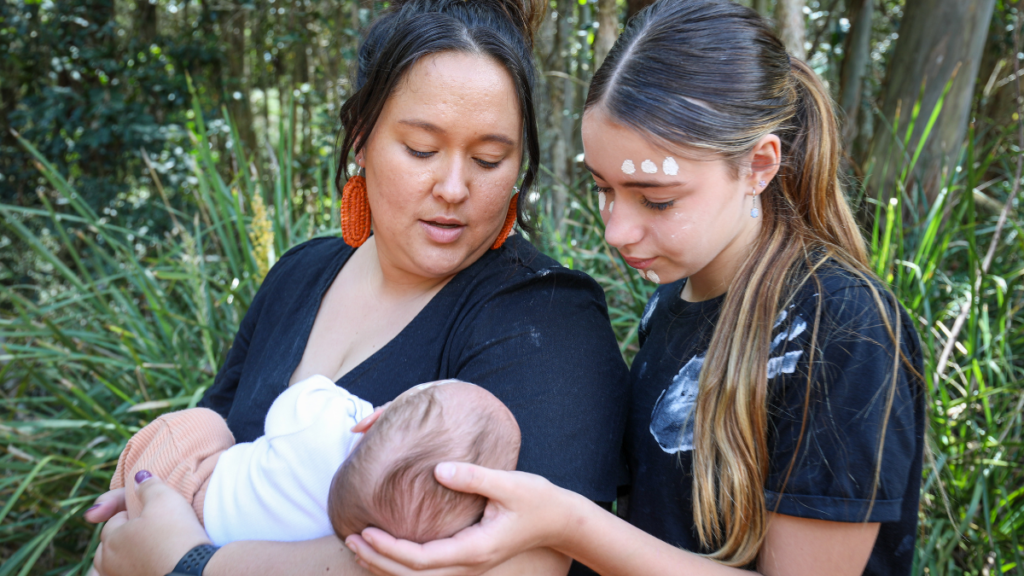Our Members, their staff and their communities have been directly impacted by the bushfire emergencies in NSW. Despite this trauma, our Member Services are playing a crucial role in providing immediate support for their affected communities during the emergency response, all while working to maintain their regular primary care services.
Beyond those communities directly affected by fires, bushfire smoke has caused poor air quality across significant portions of NSW. Densely populated metropolitan regions and rural areas close to the bushfires have experienced hazardous air quality for prolonged periods.
The particles in bushfire smoke are detrimental to health. This especially affects people with respiratory conditions, including asthma. Other groups at greater risk from the effects of smoke include children, pregnant women, elderly people, and those with underlying cardiovascular disease.
Glaxo Smith Kline (GSK) has generously partnered with AH&MRC and NSW Health, through the Centre for Aboriginal Health (CAH). They have donated 1,500 units of Ventolin (salbutamol) inhalers, as valued at over $7,500.
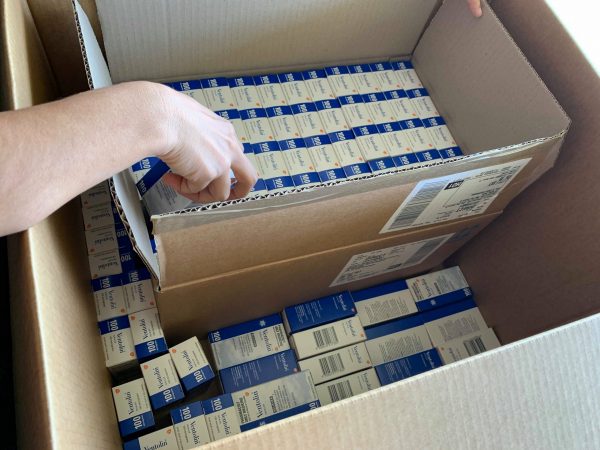
The AH&MRC will distribute these salbutamol inhalers to Member Services currently experiencing poor air quality due to bushfire smoke. These will be provided at no cost to patients experiencing respiratory symptoms, as clinically indicated.
Bushfire smoke can be an asthma trigger, even for patients who usually have mild symptoms. This may be a useful opportunity to remind people to review and update their Asthma Action Plan.
Air quality can be checked, for those areas with monitors, through the NSW Government’s website. In general, it is recommended for people to stay indoors and avoiding physical activity when air quality is hazardous. AH&MRC has worked with CAH to distribute P2 masks in bushfire smoke affected areas. Surgical or cloth masks unfortunately do not filter out the dangerous PM2.5 particles from bushfire smoke. A well-fitted P2 mask can help to reduce exposure to bushfire smoke, but needs a good seal to be effective. This video shows how to fit masks to reduce leaks.
The following resources may be useful for further information on the health impact of bushfire smoke and air quality.
- NSW Health – Bushfire Page
- Centre for Air Pollution, Energy and Health Research – Bushfire Smoke Factsheet
- Asthma Australia



